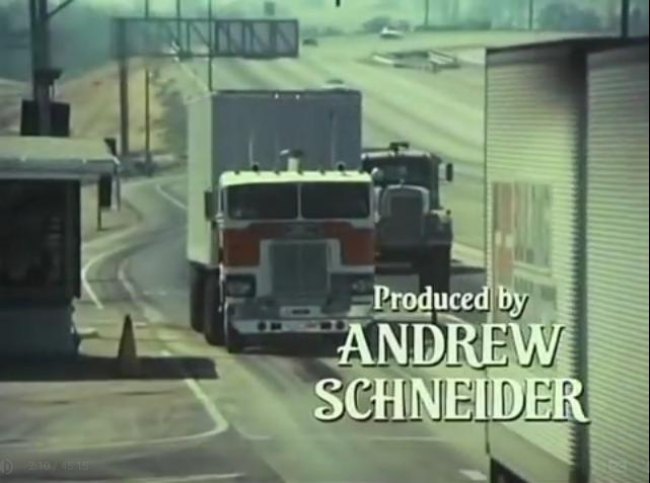
Fall Guy, casting about for a sunnier wrap-up, opts for a the-butler-did-it resolution. In that movie, Dan Duryea tries to reconstruct another evening that ended up in homicide, only to learn that his blackest nightmares are true. Fall Guy brings to mind another noir drawn from Woolrich's febrile imagination: The much better Black Angel.


Kay, musical director for Fall Guy (but then he used exactly the same theme in Las Vegas Shakedown maybe it's the only one he ever wrote). There's a rendezvous in a movie house where the (unseen) movie must have been Monogram's Decoy from the previous year, for we hear its sweeping symphonic theme, composed by Edward J. A profusion of night scenes disguises the crummy sets (though there are a couple of visually inventive shots: A silhouette lurks in an alcove, wreathed in cigarette smoke Armstrong reads a sealed letter by holding a lighter behind it and the words shimmer into relief). Acting runs the gamut from the adequate to the amateurish. Its releases were hastily cobbled together from whatever talent (or lack thereof) happened to be around on any given day. Monogram Pictures put the `poverty' in Poverty Row. Penn catches sight of the horn-tootin' blonde, supposedly dead they finally track her down, but somebody else is following her trail as well. Cook at first denies ever having met Penn, then gets shoved into traffic. When Penn and Armstrong try to retrace his drunken steps, odd things occur. When he came to next morning, a dead blonde tumbled out of the closet he picked up the knife as a keepsake (who wouldn't?), then ran into the police. A stranger at a bar (Elisha Cook) invited him to a party there a blonde (Virginia Dale) sang `Tootin' My Own Horn' and urged him to drink up (they slipped him a high-powered Mickey Finn). Fragments of the past start to resurface. But this time Penn is convinced he killed a woman.

Armstrong's benders are frequent, to the disgust of Armstrong and Penn's fiancée Teala Loring (her guardian, `family friend' Charles Arnt, is especially sour on Penn's shenanigans). He gives them the slip and heads home where his brother-in-law, police detective Robert Armstrong, tries to straighten him out with black coffee. There's blood on his clothes, and the police are barking questions at him. In Reginald Le Borg's Fall Guy, based on Woolrich's story `Cocaine' (though `Ethanol' would be the more apt title), Clifford Penn wakes up in a psych ward. No stranger to the lure of the bottle, he reveled in a queasy sort of masochistic guilt which he tried to exorcise through his obsessive fiction. The alcoholic blackout - and the morning after when there are dreadful questions to which memory can't supply the answers - is a recurrent theme in the work of Cornell Woolrich.


 0 kommentar(er)
0 kommentar(er)
